Mortgage for overseas property: What you need to know
Getting ready to buy a property abroad? Read our guide on mortgage for overseas property, including the application process and costs involved.
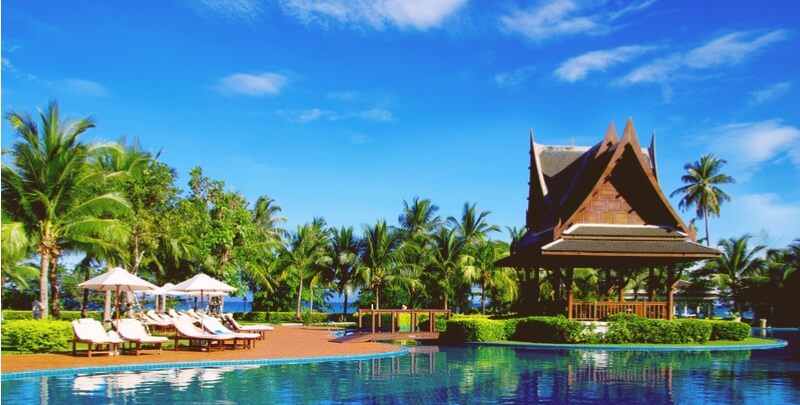
Bangkok, Thailand’s capital, is its largest city by far, with just a shade under six million inhabitants. The vibrant culture here, and wide range of jobs on offer, make it a popular choice for people looking to live and work in Thailand. However, if life in the capital isn’t your thing, the smaller cities, such as Nonthaburi or Chiang Mai, are quite significantly smaller while still having the amenities to draw in an expat crowd. Chiang Mai in particular is popular with foreigners, both to visit and to live for the longer term.
If you’re thinking of moving to Thailand then you’ll need a place to live. Home ownership in Thailand is extremely high - up at 80%, compared to 63.5% in the United Kingdom or 64.5% in America. However, demand for property has slowed somewhat over the last year or two, causing the government and house builders to work on promotions to kick start the flagging market and encourage more buyers. That said, although demand is slowing, growth in certain sectors is still solid - the condo market, for example, still grew 4.7% in the year to Q1 2016 - down on the previous year, but not to be sniffed at.
There are limits on foreign ownership of property in Thailand. Expats can own condominiums, and apartments, provided that the total ownership of the block remains in the majority Thai. There are other routes to own property of different types, or land, in Thailand, such as by creating a joint owned company, but it’s essential to take local legal advice to ensure you don’t fall foul of the law.
Moving to Thailand is a path well trodden by expats over the years. If you’re thinking of doing the same, then you’ll need to know a bit about the process of buying a home in Thailand as a foreigner. Here’s a quick guide.
Economic worries, and a shifting political landscape mean that some developers and investors are wary of Thailand right now. While the condo market was growing at 9.39% year on year back in 2013, the boom in prices has since slowed. The same index hit 8.9% growth in the year to Q1 2015, but slowed to 4.7% a year later. The slow in price growth affects all housing types to different extents, with townhouses also showing a reduced growth rate of 3.1% and single family homes actually decreasing in value very slightly in the year to Q1 2016.
This curve mirrors changes in the economic outlook in Thailand, as analysts suggest that the Thai economy, which was booming back in 2012, looks likely to grow at a slower pace than other Asian nations in 2017. That said, monetary policy is stable in Thailand, with the central bank holding interest rates steady at 1.5%, and core inflation at around 1%.
As prices of homes start to plateau, the rental yields in certain segments are shooting up. The rents in condominiums - the most popular housing type for Bangkok residents - for example, continued with double digit rises even after the purchase price index started to slow. Because of increased household debt, banks are tightening the criteria for mortgage lending, suggesting demand for rental properties will remain high for the foreseeable future.
Foreigners are subject to some restrictions when it comes to buying property in Thailand. It’s possible to buy a condo or flat, but more difficult to own land. Basically this means that expats can own a building but not the land on which it stands.
Foreigners can find a way around this by founding a company in joint names with a local, whom is then able to make the land purchase. However, if you want to explore this route then you’ll need to take detailed local legal advice.
If you’re thinking of buying a property in Thailand, the price you pay will be influenced significantly by where you want to live. In all of the largest cities, there will be a striking difference in average price based on the location within the city, with desirable central districts coming in at high prices. However, housing in Bangkok is extremely expensive in comparison to other expat hubs such as Chiang Mai.
Naturally the prices in smaller towns and more rural areas are significantly cheaper than in the large cities.
| City | Price per Square Meter (USD, City Centre) | Price per Square Meter (USD, Outside of City Centre) |
|---|---|---|
| Bangkok | $4,093 | $2,010 |
| Chiang Mai | $1,620 | $943 |
| Nonthaburi | $1,768 | $810 |
There are several avenues you can take to find a property in Thailand, however, most expats living in Thailand strongly recommend that you use a local property agent you can trust. This is because the real estate sector in Thailand isn’t regulated, and there are restrictions on the way that foreigners can buy property. Add into this a very different system of arranging the deeds of ownership, and buying a home in Thailand without qualified local help can be problematic.
A specialist agent can also offer helpful advice and insight into the local market. Although, there will be a fee to pay for this service, they'll help you with avoiding costly mistakes, and might be able to negotiate with the seller better than you can alone. Nonetheless, you should make sure you’re clear on what you’ll get for your money, as both the packages and prices vary wildly.
Ask for local advice and recommendations for a broker, to avoid scams and pitfalls. The real estate sector isn't regulated in Thailand, which means that quality of agents varies significantly.
The best way to get a head start on finding a place to buy in Thailand is to look online. If you're looking for homes advertised in English then you're likely to find things which are on the upper end of the price scale. If you’d rather find a cheaper place then enlisting a local agent who can help you scour, the Thai language sites will give you a huge advantage.
Great websites to get you started if you want to find a house or apartment to buy include:
You'll have a wide choice of apartments, condos and houses in Thailand - although you face some restrictions to purchasing as a foreign buyer. Foreigner's can buy condos, as long as the ownership of the block is still majority Thai, but it's harder to own land as a foreigner in Thailand.
If you want to build your dream home yourself, you should talk to your lawyers about how this could be achieved. It's possible for example, to lease land on a 30 year lease and then build. The lease can then be renewed or sold when you want to leave. Alternatively, it’s possible to form a local company with a Thai friend, and have the company buy the land on your behalf. However, these arrangements must be made with the help of local experts.
Naturally, you'll find more flats available in built up areas and cities, with condos being the most popular housing type in Bangkok by a long way.
It’s a smart idea, though not required by law, to get a survey done on any property you choose or any land you decide to lease, before you commit to buying it. This isn’t necessarily the norm in Thailand, so you should ask your lawyer about how to find a local surveyor you can trust.
Buying a property in Thailand can feel quite different to buying a home in Europe or North America. The market is regulated less and you’ll be personally liable for more checks to ensure that the property you're buying is being sold legally. You’ll need to:
Your lawyer has an extremely important role in your house purchase in Thailand. He’ll check the land register to make sure the property can be legally sold and check for any restrictions on its use. There are many variants of title deeds on Thai property, including some which are extremely restricted, meaning that no change can be made to the land at all, and some which are essentially registered squatters rights. Your lawyer will help you understand the situation with the property you've chosen.
You can choose whichever notary you like to manage your property purchase, so it's a good idea to find someone you trust and who speaks English if your Thai isn’t up to scratch.
Up until recently there were no local mortgage options available to expats wishing to buy a place in Thailand. Most Thai banks still don’t offer mortgages to foreigners, so you might find that you have to have the money upfront to purchase your property in Thailand. This will mean transferring savings, or a loan sourced in your home country, to Thai currency to pay for the house.
That said, there are now a few mortgages available for foreigners wishing to purchase a home in Thailand, and the market is gradually broadening. Singapore based UOB offers some mortgages for overseas buyers, with some restrictions, as does privately owned MBK Group. However, you’ll need to read the small print as the terms of these specialist mortgages might not be particularly favourable.
If you’re looking to find a mortgage locally to fund your home purchase, it’s essential to seek the advice of an expert in the market who will be able to find the right sort of options available for your situation.
You’ll normally be expected to pay a deposit of 10% to secure your purchase. It’s worth knowing that deposits are seldom held in escrow, away from the personal accounts of the seller. This can be a risk, so make sure you’ve done your due diligence and have no reason to distrust the seller or your lawyer. Deposits won’t be returned unless the seller pulls out of the deal, in which case you’re technically entitled to a doubled return of your deposit.
If you’re not yet in Thailand, you might be planning on moving your money abroad to settle your new life. If you’re transferring a large amount of money across currencies, it’s important you get the best deal available when you transfer your money. One smart option is to get a borderless account from Wise. With this, you can hold dozens of currencies all in one account (including GBP, USD, AUD, and EUR). It’s like having a local account which you can use to pay like a local, wherever you need it. And if you need to, you only pay a small flat charge to transfer money from one currency to another, and the real exchange rate is always applied.
If you're paying your deposit or the cost of the property from abroad, you'll want to double check your bank's regulations before trying Wise for the transaction. Depending on your residency status, you may need specific documentation from the original foreign bank account. Because Wise makes local transfers from local bank accounts, that may not work for your purposes. Make sure you double check local laws first.
Buying a property in Thailand involves very low taxes and fees - as most costs are covered by the seller. The buyer is usually responsible only for:
While the seller covers:
Buying a property is a big - and exciting - step, but navigating the system in a new country can be a challenge. There’s no doubt you’ll find a wonderful property in Thailand - and if you do your research and source the right local help you could have your dream home in no time.
Good luck with finding, buying and settling into your new home in Thailand.
| ----- |
| This publication is provided for general information purposes only and is not intended to cover every aspect of the topics with which it deals. It is not intended to amount to advice on which you should rely. You must obtain professional or specialist advice before taking, or refraining from, any action on the basis of the content in this publication. The information in this publication does not constitute legal, tax or other professional advice from TransferWise Limited or its affiliates. Prior results do not guarantee a similar outcome. We make no representations, warranties or guarantees, whether express or implied, that the content in the publication is accurate, complete or up to date. |
*Please see terms of use and product availability for your region or visit Wise fees and pricing for the most up to date pricing and fee information.
This publication is provided for general information purposes and does not constitute legal, tax or other professional advice from Wise Payments Limited or its subsidiaries and its affiliates, and it is not intended as a substitute for obtaining advice from a financial advisor or any other professional.
We make no representations, warranties or guarantees, whether expressed or implied, that the content in the publication is accurate, complete or up to date.
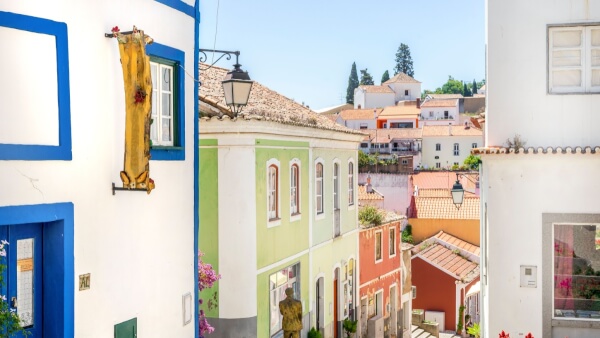
Getting ready to buy a property abroad? Read our guide on mortgage for overseas property, including the application process and costs involved.
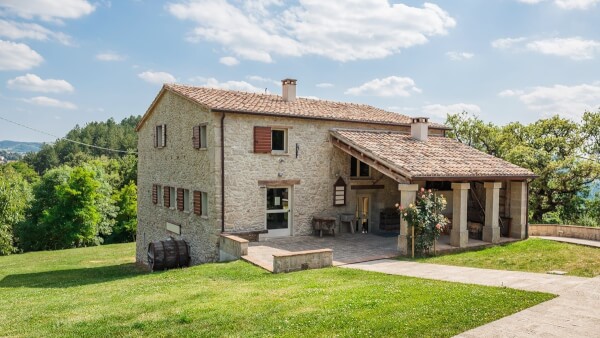
How much does it cost to build a house in Italy as a UK expat? Find out in our essential guide, covering everything you need to know.
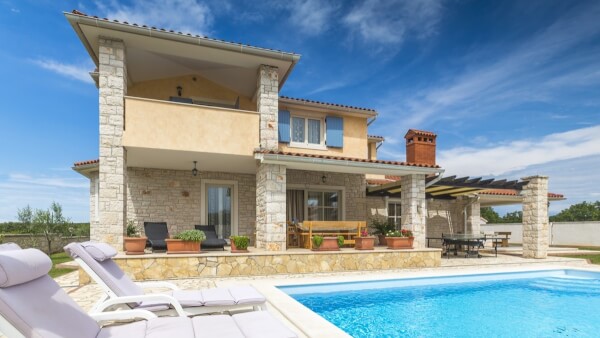
How much does it cost to build a house in France as a UK expat? Find out in our essential guide, covering everything you need to know.
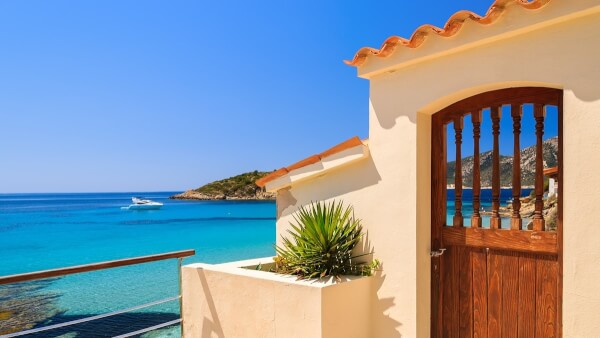
How much does it cost to build a house in Spain as a UK expat? Find out in our essential guide, covering everything you need to know.
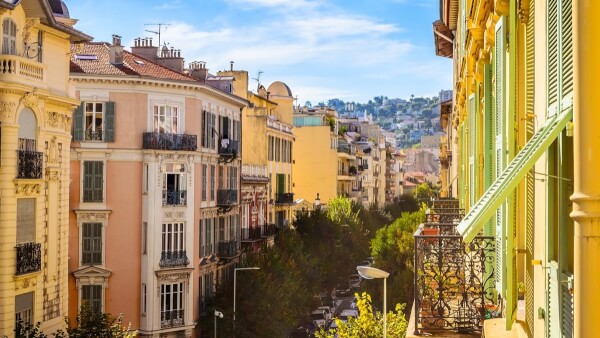
Thinking about renovating a house in Franec? We'll uncover the pros, cons, average costs, necessary permits and more.
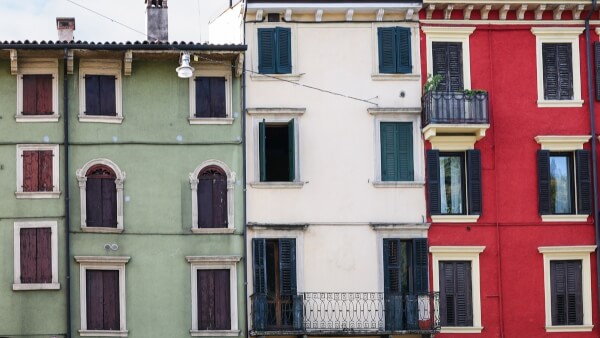
Thinking about renovating a house in Italy? We'll uncover the pros, cons, average costs, necessary permits and more.